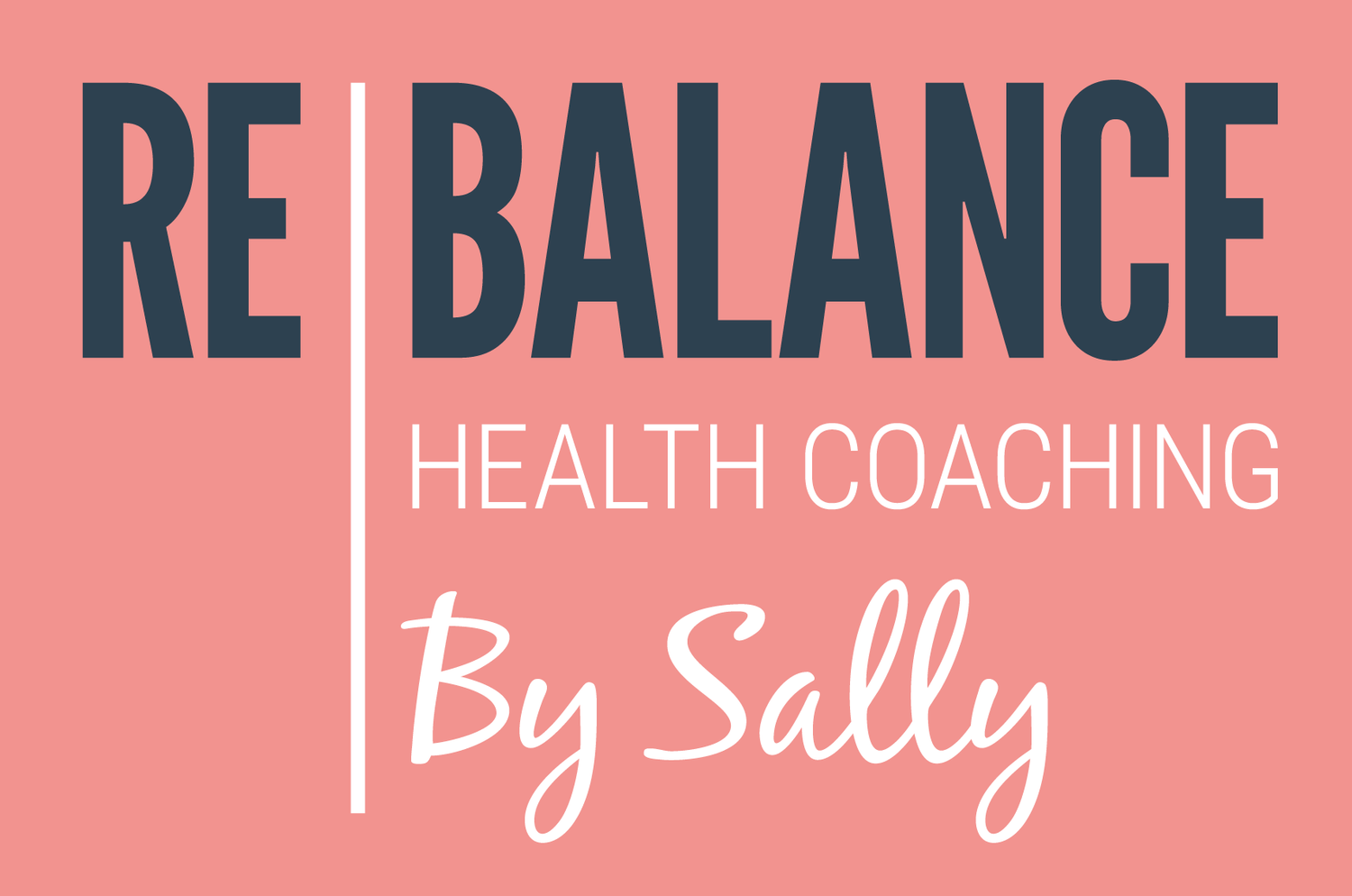Embracing Movement for Mental Health During Menopause
Menopause can be a challenging time in a person's life, bringing with it a myriad of physical and emotional changes. Many people associate menopause with hot flushes and night sweats, but one of the most profound impacts can be on mental health. Experiencing increased anxiety, depression, and cognitive changes are very common during this period.
Regular movement and exercise can support mental health and overall health and well-being. Research studies have shown that regular physical activity can reduce the risk of depression by up to 30%. Yet, according to WHO (World health organisation) 36% of adults do not meet the physical activity recommendation of 150 minutes per week of moderate intensity activity.
The Connection Between Menopause and Mental Health
The fluctuating levels of oestrogen and progesterone can lead to emotional turbulence. Many women report feeling more anxious or depressed, and there's an increased risk of developing mood disorders during this time.
The psychological symptoms of menopause can be daunting:
Mood swings and irritability: Hormonal changes can lead to rapid shifts in mood.
Anxiety: Feelings of unease or worry can become more pronounced.
Depression: A persistent low mood, loss of interest in activities, and other symptoms can develop.
Loss of confidence & self esteem: Being extremely critical of self, doubting their own abilities, withdrawing and becoming isolated.
Cognitive changes: Issues with memory and concentration are common.
Why Movement Matters
Regular physical activity is a cornerstone of managing menopause-related mental health issues. Here’s why movement is crucial:
Boosts Mood: Exercise increases the production of endorphins, often referred to as 'feel-good' hormones. These help alleviate feelings of depression and anxiety.
Improves Sleep: Physical activity can enhance sleep quality, which is often disrupted during menopause. Better sleep contributes to better mood and cognitive function.
Reduces Stress: Engaging in regular exercise helps lower stress hormones like cortisol, which can exasperate menopause symptoms.
Enhances Cognitive Function: Movement stimulates brain health, improving memory and cognitive performance.
Increases Energy: Regular activity can combat the fatigue often experienced during menopause, helping women feel more energized and positive.
Types of Movement Beneficial for Mental Health During Menopause
Aerobic Exercise: Activities like walking, jogging, swimming, or cycling elevate the heart rate and improve overall cardiovascular health. Even a brisk 30-minute walk can significantly boost mood and energy levels. Being outside in nature can have significant benefits for mental health.
Strength Training: Incorporating resistance exercises such as using weights or resistance bands helps maintain muscle mass and bone density, which decline with age. Strength training also has a positive impact on mental health by increasing confidence and reducing anxiety.
Mind-Body Exercises: Practices like yoga, Pilates, and tai chi emphasise mindfulness and controlled breathing, which can reduce stress and improve emotional balance. Yoga, in particular, has been shown to reduce symptoms of depression and anxiety.
Flexibility and Balance Training: Activities that improve flexibility and balance, such as stretching or dancing, help maintain mobility and reduce the risk of falls. These exercises are also a fun way to incorporate exercise into the day. When was the last time you danced around the kitchen to your favourite music?
Group Activities: Engaging in group exercises like team sports or fitness classes can provide social support, reducing feelings of isolation and improving mental well-being.
Most importantly, find something that you enjoy.
Creating a Sustainable Movement Routine
Starting and maintaining a movement routine during menopause doesn’t have to be overwhelming. Start small and take it step by step, building up slowly.
Here are some tips for sustainability:
Set Realistic Goals: Begin with small, achievable goals to build confidence and momentum.
Find Enjoyable Activities: Choose exercises that you genuinely enjoy to help you to stay motivated and continue as a long term part of your routine.
Schedule Regular Activity: Make movement a non-negotiable part of your daily routine.
Keep it simple: It doesn’t have to be long sessions every day, find bite sized chunks of time throughout the day to move the body. E.g. doing squats while the kettle boils, a 10 minute walk after lunch, stretches at your desk while you work
Listen to Your Body: Pay attention to how your body feels and adjust your routine as needed.
Seek Support: Join a class or find a workout buddy to keep you motivated and accountable.
Get enough rest: Taking rest days is just as important for mental health and muscle repair and restoration.
Menopause is a natural life stage that brings significant changes, particularly to mental health. Incorporating regular movement into your daily routine can be a powerful way to manage these changes, boosting mood, reducing stress, and improving overall well-being. By embracing exercise, women can navigate menopause with greater resilience and a positive outlook on this new chapter of life. Remember, it’s never too late to start moving and experiencing all the benefits it brings to both body and mind.
What exercise can you start today that you enjoy?
For tools and guidance for getting back into regular exercise or for support with improving menopause symptoms through nutrition and lifestyle, contact us for a chat.
email: sally@rebalancebysally.com


